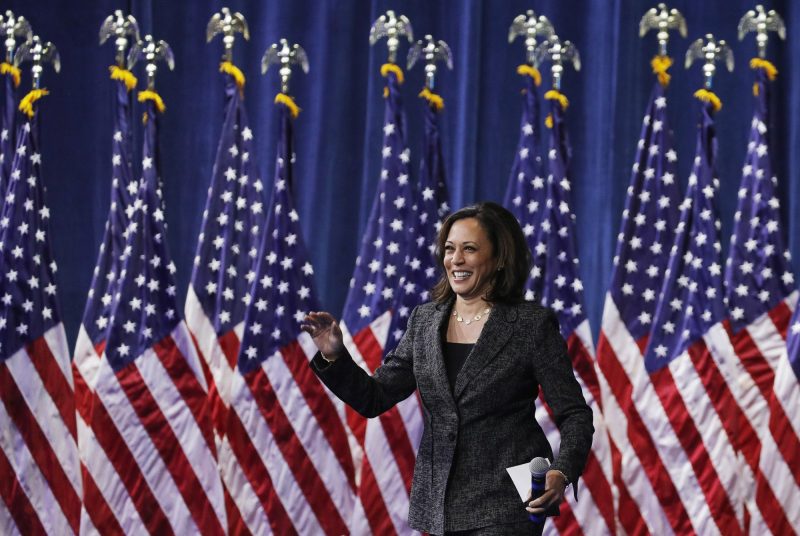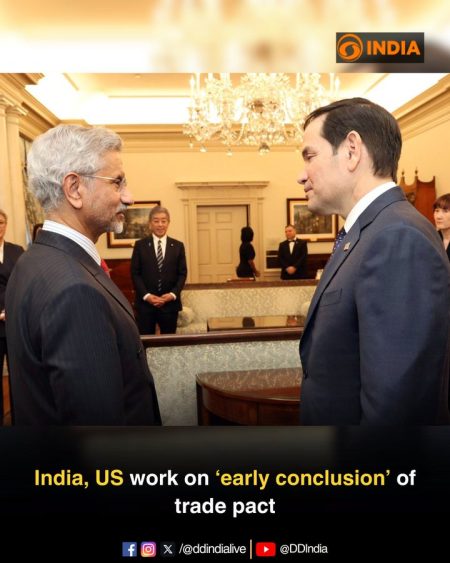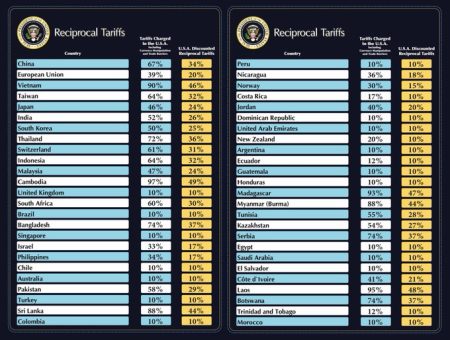 With just a month remaining before the U.S. presidential elections, Sharon D Wright Austin, a political science expert and professor at the University of Florida, believes that relations between India and the U.S. could strengthen if Kamala Harris becomes president. Vice President Harris is running for the presidency on the Democratic Party’s ticket, opposing Republican candidate and former president Donald Trump in the November 5 election.
With just a month remaining before the U.S. presidential elections, Sharon D Wright Austin, a political science expert and professor at the University of Florida, believes that relations between India and the U.S. could strengthen if Kamala Harris becomes president. Vice President Harris is running for the presidency on the Democratic Party’s ticket, opposing Republican candidate and former president Donald Trump in the November 5 election.
In an email interview with ANI, Professor Austin noted that Harris is likely to gain significant support from female voters, particularly women of color, due to her focus on reproductive rights. Austin described Harris’ campaign strategy as “wise” compared to Hillary Clinton’s 2016 approach, where Clinton emphasized gender and breaking the glass ceiling. Harris, in contrast, rarely mentions her gender or race unless necessary, recognizing the potential risks of focusing too much on those aspects in a political campaign.
Harris has made her stance on reproductive rights clear, stating she would proudly sign a bill to restore Roe v Wade’s protections if elected. This comes in light of the U.S. Supreme Court’s decision to overturn Roe v Wade in 2022, following the appointment of three justices by former President Trump, allowing states to impose restrictions on abortion.
Austin also highlighted that many in India would feel a sense of pride if Harris, whose mother is of Indian origin, wins the presidency. Her mixed heritage—Indian on her mother’s side and Jamaican on her father’s—makes her the first woman of color and the first Asian American to serve as Vice President. If Harris wins, there are high expectations that India-U.S. relations will improve under her administration, given her Indian heritage.
Speaking on the political success of Indian-Americans, Austin pointed out that despite their relatively small numbers within the U.S. electorate, they vote at high rates and have shown bipartisan support. Two Indian-Americans have even made significant attempts to run for the presidency. Regarding foreign policy, Austin emphasized its importance to American voters, particularly in relation to gas prices and national security, with concerns about foreign conflicts potentially affecting the U.S.
While Harris’ debate with Trump didn’t significantly alter her polling numbers, it did help voters better understand her policies, which is crucial for gaining the support of independent voters. During the debate, Harris and Trump clashed on key issues such as abortion, immigration, and ongoing conflicts in Ukraine and Gaza. Harris’ performance showcased her stance on these polarizing topics, solidifying her position among voters.
Austin also touched on the political polarization in the U.S., referring to the recent assassination attempts on Trump as “tragic and unfortunate.” She called for stricter gun control laws and enhanced public safety measures. The professor noted that these attempts could happen to any candidate, as demonstrated by a shooting at Harris’ Arizona office, where fortunately no one was harmed. She stressed that the country’s deep divisions have led to such incidents, with the shooters having political ties across the spectrum.









